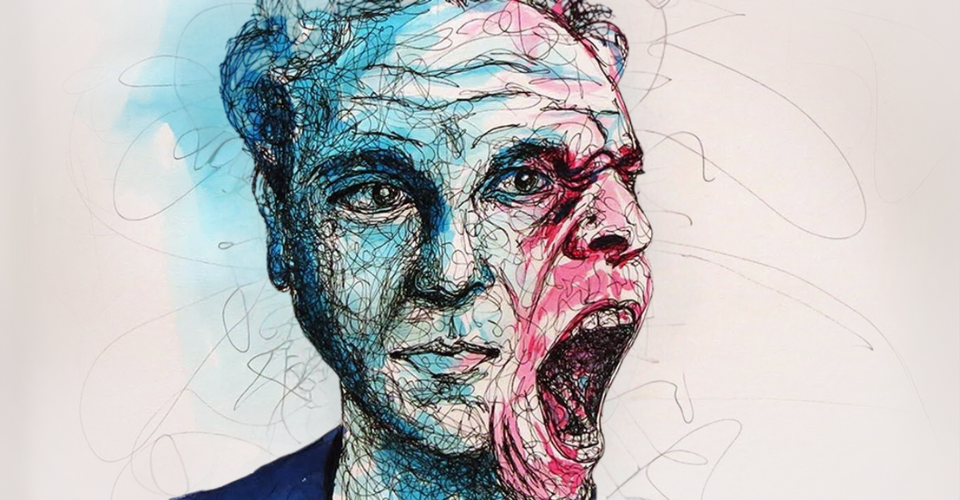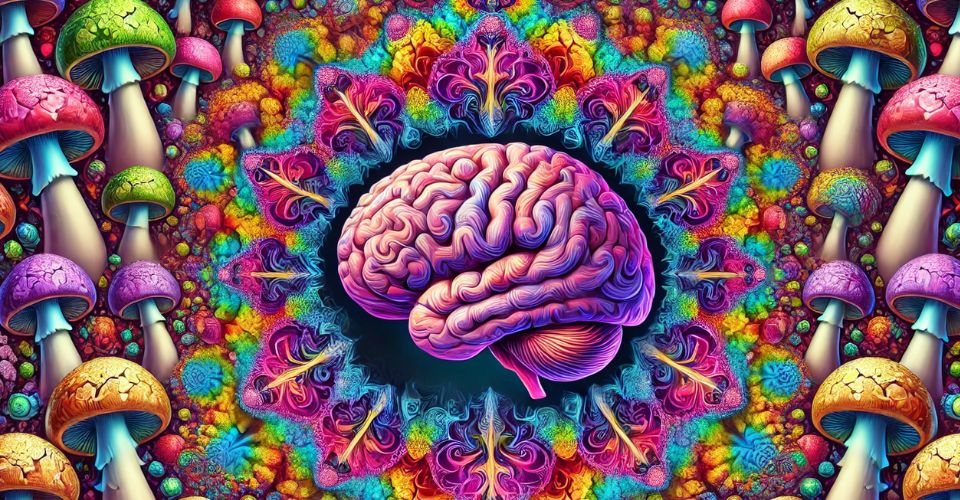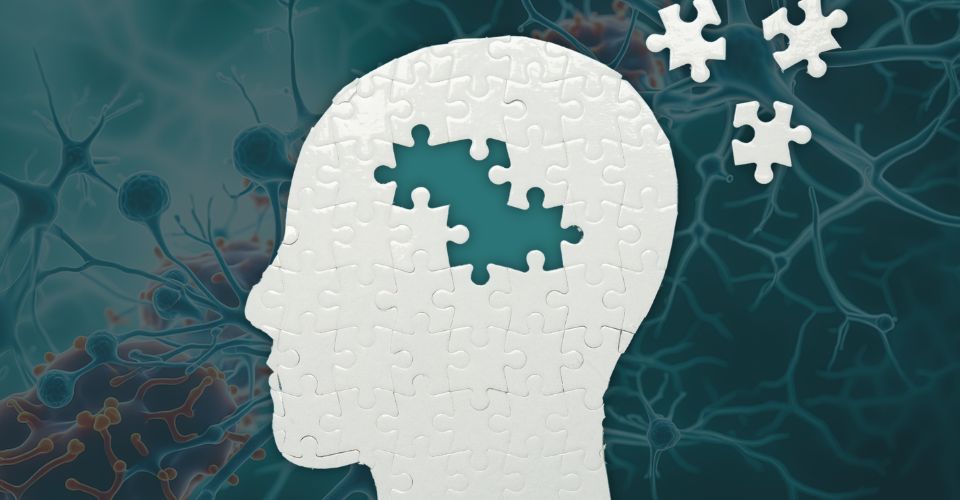In a sobering revelation, a recent report from data management firm Harmony Healthcare IT has unveiled a deeply concerning trend among Generation Z (Gen Z) individuals and they are considered the most anxious generation.
According to the report, a staggering 61% of Gen Z members have received a formal medical diagnosis for anxiety conditions, catapulting them into the unfortunate spotlight as a generation disproportionately affected by anxiety-related disorders.
Study To Understand Why Gen Z Is Known As The Most Anxious Generation
The report is underpinned by a comprehensive survey involving approximately 1,000 Gen Z respondents, representing individuals aged 18 to 26 who grapple with persistent anxiety.
The findings shed light on the intensity of the anxiety crisis facing this generation, with over half (54%) of the survey participants reporting that their anxiety has intensified over the past year.
Among those grappling with anxiety, a significant 43% disclosed that they experience panic attacks on a regular basis, occurring at least once a month, if not more frequently. The report underscores the pressing need for effective interventions to support these young adults in managing their anxiety and mental health.
When examining the root causes of anxiety within this demographic, it becomes evident that concerns about the future loom large. A substantial proportion of respondents, nearly half (47%), pinpointed the future as their primary source of anxiety.
Additionally, financial worries weighed heavily on the minds of 45% of Gen Zers surveyed, reflecting the daunting financial challenges that many young adults face today.
As an unfortunate consequence of their anxiety conditions, almost one-third (32%) of Gen Z respondents revealed that they turn to medication to alleviate their symptoms. On average, those who seek relief through medication commence this approach at the tender age of 19, marking a distressing trend of early-onset anxiety disorders.
Furthermore, an overwhelming majority (83%) of Gen Z individuals who turn to medication for anxiety management do so daily, underscoring the pervasive nature of their struggles. However, it is important to note that many in this generation employ diverse coping mechanisms beyond medication to navigate their anxiety.
A significant proportion (48%) of Gen Z respondents disclosed that they engage in outdoor activities such as walks or hikes to manage their anxiety. Others channel their emotions into creative pursuits, with activities such as painting, writing, or playing musical instruments serving as therapeutic outlets.
This multifaceted approach to managing anxiety underscores the resilience and resourcefulness of Gen Z individuals in addressing their mental health challenges.
The survey also revealed that a commendable portion of Gen Z (40%) seeks professional help for their anxiety, with many attending therapy sessions. Additionally, 53% have accessed professional mental health support at some point in their lives, showcasing their proactive approach to seeking assistance when needed.
However, the report paints a complex picture, highlighting that a significant segment of Gen Zers resorts to less healthy means of coping with their anxiety. These harmful coping mechanisms are indicative of the urgent need for widespread mental health awareness and support for this generation.
As society grapples with this concerning trend, it is imperative that resources and strategies are made available to address the mental health needs of Gen Z comprehensively.
In conclusion, the Harmony Healthcare IT report serves as a stark reminder of the mental health challenges facing Generation Z. With a remarkable 61% of Gen Z members experiencing medically diagnosed anxiety conditions, this generation finds itself at the forefront of an ongoing mental health crisis.
As anxiety disorders continue to cast a shadow on their lives, it is incumbent upon society to foster a nurturing and supportive environment that empowers Gen Z to seek help and employ effective coping mechanisms.
Only through collective efforts can we hope to alleviate the anxiety epidemic and offer a brighter future for this resilient generation.




























